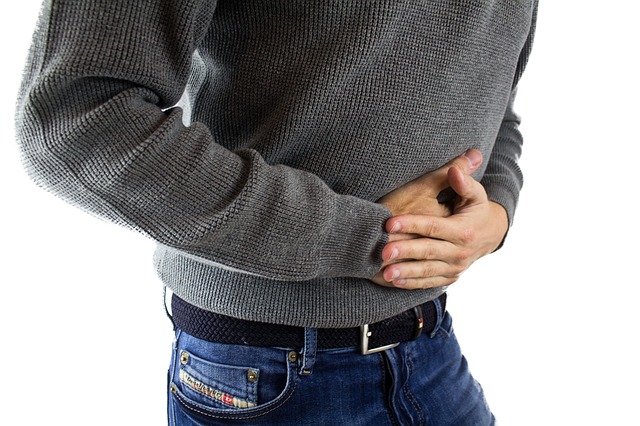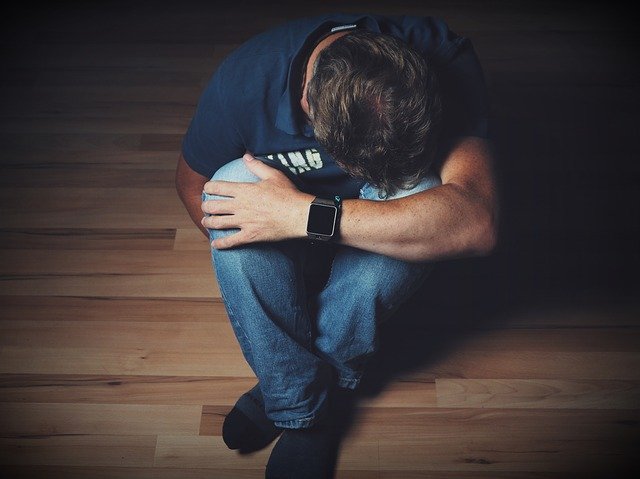Are Constipation and Testicular Pain Related?
Date:2022-03-01 click:0
Generally, constipation and testicular pain are not directly related. Constipation is mainly caused by intestinal flora imbalance due to slow gastrointestinal motility and diet. The main symptoms of constipation include infrequent bowel movements, difficult and laborious defecation, poor defecation, constipation accompanied by abdominal pain or discomfort.
If you experience pain in your testicles when you poop, you may suffer from orchitis and other similar diseases. Many reasons may cause orchitis. For example, in patients with mumps, if they do not seek medical attention and recover in time, they will develop orchitis, which will lead to testicular pain and swelling.

However, chronic prostatitis can also cause pain in the testicles. Most of the manifestations are unilateral pain, mostly dull or traction pain. Most of the patients are young adults, and the elderly are extremely rare. If this is the case, it is recommended that you seek medical attention and prescribe the right medicine according to the doctor's instructions to prevent the disease from getting more severe.
The common causes of testicular pain are as follows. We will introduce the symptoms, treatment, and prevention of these pains.
Testicular torsion: It usually occurs after a few hours of strenuous exercise or external force on the testicles. Sudden severe testicular pain during sleep or rest is the first symptom of the disease, one of the main diagnostic criteria for testicular torsion. Some patients are accompanied by swelling of the scrotum, nausea and vomiting, and apparent tenderness.
If testicular torsion occurs, the best treatment is surgery. Surgical methods include surgical reduction and manual reduction. Suppose the patients before and after puberty, especially adolescents, suddenly experience scrotal swelling and pain. In that case, men should consider the possibility of testicular torsion and go to the hospital for urological examination and diagnosis and treatment in time.
In the early stage of testicular torsion, manual reduction can be effective. But after a long period of onset, only surgery can be helpful.
Testicular ischemic pain: The symptoms of ischemic testicular pain are more common in the elderly, and the pain is more severe, aggravated when the field is active, and moderately relieved when resting; the prostate fluid is normal in microscopy, often due to arterial stenosis caused by testicular arteriosclerosis.

Orchitis: Many factors cause orchitis. For example, patients with mumps can be complicated with orchitis, causing pain and swelling of the testis. Gonorrhea is currently the most common sexually transmitted disease, which can cause orchitis in severe cases. Chronic prostatitis can also cause testicular pain. Pain, manifested as unilateral pain, mostly dull pain or traction pain, persistent orchitis, is more common in young people and rare in the elderly. Prevention methods are as follows.
Middle-aged men should pay attention to the maintenance of their testicles. Testicular maintenance is an essential means to solve male sexual dysfunction. If you find pain during the massage, it may be orchitis or epididymitis. Go to the hospital for examination in time.
When orchitis, epididymitis, or prostatitis is confirmed to be related to testicular pain, they can choose herbal medicine Diuretic and Anti-inflammatory Pill to eliminate pain and cure these reproductive system diseases. It adheres to the characteristics of the holistic treatment of traditional Chinese medicine, and it can treat not only the diseased area but also inhibit the further spread of inflammation.
Besides, men should eat more fresh vegetables and fruits and increase the intake of vitamin C and other ingredients to improve the body's anti-inflammatory ability. And they should avoid spicy food, alcohol, standing or sitting for a long time, excessive sex, frequent masturbation, etc.
Injury of the testis: Most testicular injuries are related to violence, car accidents, etc. After the injury, patients experience severe testicular pain accompanied by nausea, vomiting, and even fainting or shock. Treatment is mainly by debridement and suture, orchiectomy, and non-surgical treatment.
The treatment of testicular pain should be based on identifying the cause of symptomatic therapy. If the cause cannot be found, symptomatic treatment with sedation and analgesia can be done. When necessary, spermatoprocaine can be used to block the treatment, which can stop the vicious circle between the pain source of neuralgia and the brain's pain center.
Some people can induce testicular pain with a bit of discomfort or no discomfort at all. At this time, it is entirely psychological. Others associate pain with masturbation and carry a heavy burden of guilt-ridden thoughts throughout the day. As everyone knows, excessive anxiety and excessive focus on sexual performance will cause sexual dysfunction such as mental impotence.
You may also be interested in:



